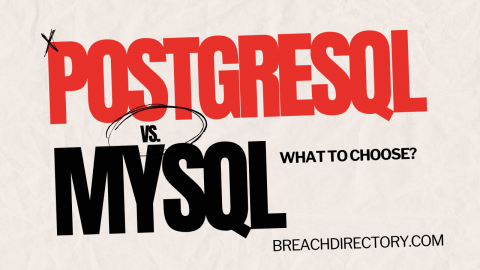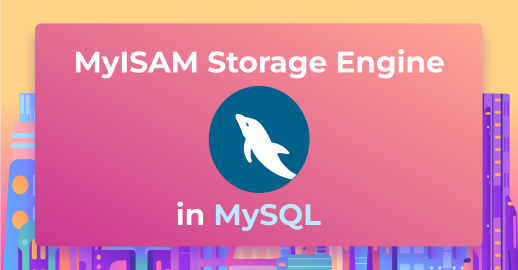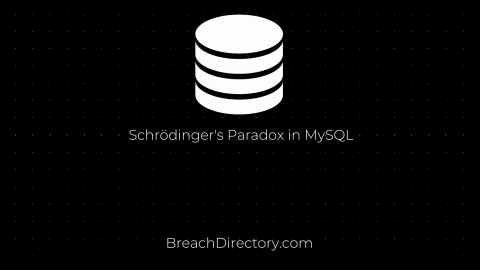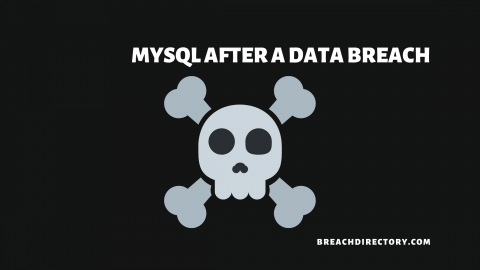In this blog, we answer questions related to ClickHouse and tell you what the ClickHouse database is and how ClickHouse works from the inside.
Read more
Data Breach Search Engine & Directory, Cyber News
The database performance category is the place to dive into the depths of weird and interesting database behavior.

In this blog, we answer questions related to ClickHouse and tell you what the ClickHouse database is and how ClickHouse works from the inside.
Read more
In this PostgreSQL vs MySQL blog, we walk you through when to choose PostgreSQL or MySQL for your use case.
Read more
In this blog, we tell you it all about composite indexes – what they are, how they work, and when should they be used.
Read more
In this blog post, we tell you how does MyISAM compare with InnoDB.
Read more
In this blog, we will look a little closer into the character sets available in MySQL – we will tell you what they are, and how best to work with them.
Read more
In this blog, we discuss the ins and outs of the MySQL daemon and tell you how best to improve MySQL performance & security.
Read more
MySQL Security Best Practices: A Checklist In an ever-changing technology landscape, it is critical for companies and individuals to know a list of best practices
Read more
If you have ever dived deeper into physics and quantum mechanics in particular, you have probably heard of this weird phenomena called the Schrödinger’s cat.
Read more
As we all know, data breaches occur all too often. After a data breach occurs, we are used to seeing security experts, company associates and
Read more